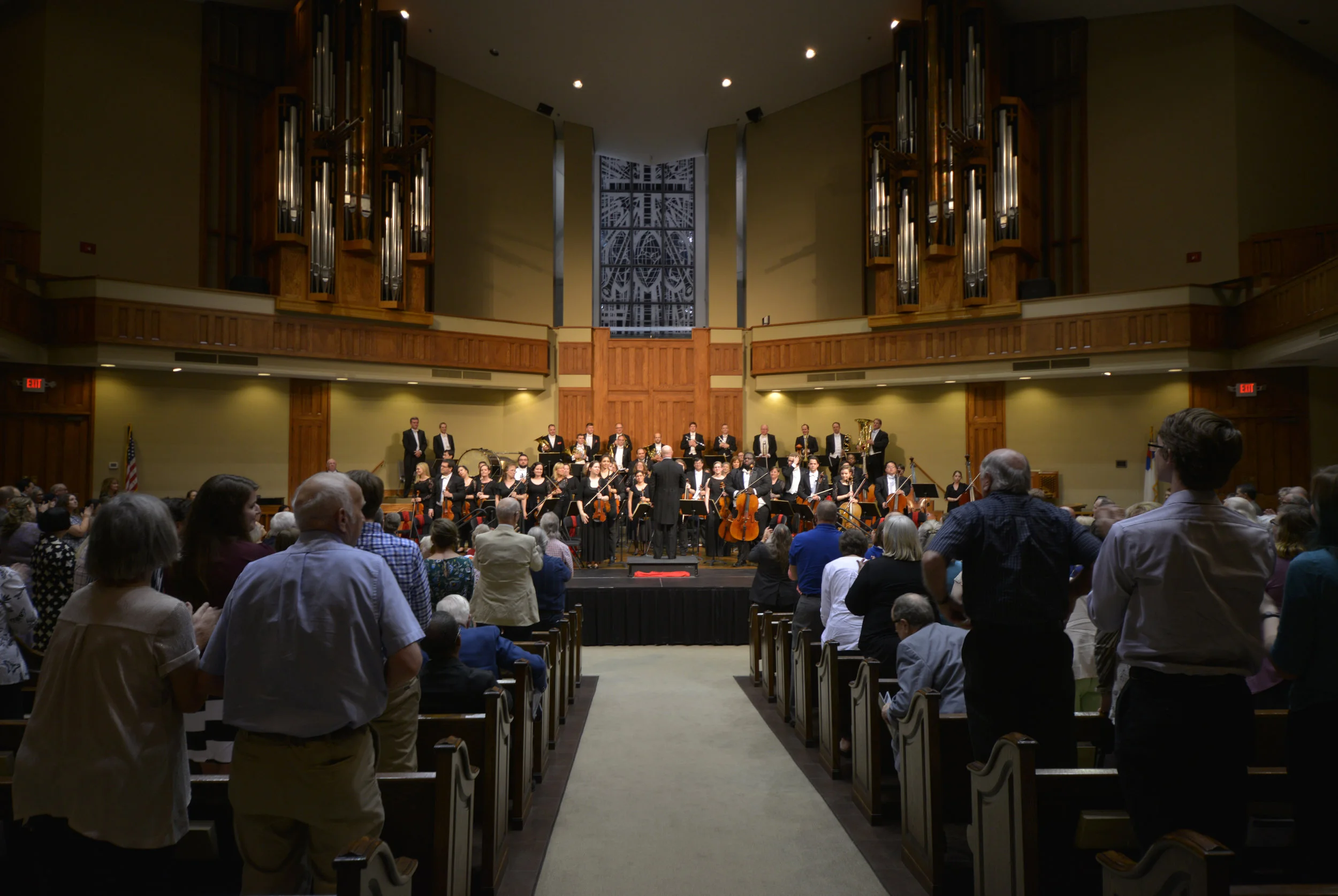Preserving Identity
This piece was originally published in the April - July 2017 issue of Our Jackson Home: The Journal.
What would happen if a natural storm wiped out the heart of a city? How would the identity of a community remain intact if vital parts of it are destroyed?
These are questions that the Madison County Archives prepares to answer with every property deed, court record, and legal notice that is carefully preserved on its shelves.
“You could re-create local history with the files we have,” Archivist Thomas Aud tells me from his seat in the Archives atrium. “That’s one of the purposes a local archives has: to preserve the records so that the local government can be recreated if necessary.”
“You could re-create local history with the files we have.”
The Madison County Archives is located in the former Old Hickory Academy building on Hollywood Drive. When you first walk into the Archives, you hear the chime of the doorbell and glimpse the welcome area on the left. The offices of Archivist Thomas Aud and Assistant Archivist Lorri Skelton are located down the hall, past the rows and rows of shelving needed for the documents they care for and store. A large map of the United States hangs proudly on the wall in the atrium, a pin marking where each Archives patron has come from. Pins dance across the map all the way from Washington state to Washington, D.C. People from all kinds of backgrounds find their way to the Madison County Archives, often searching for clues to family history.
“Most [of our] patrons are doing genealogy research, and they want to find records about their ancestors,” Lorri Skelton explains. “And that’s one of our bigger categories: probate court records. Probate court has to do with when a person passes away and the estate they have left. . . . Probate records have a wealth of genealogical information.”
Skelton also notes that other patrons often come from law offices, searching through tax records and property history. The Archives does not hold birth or death certificates since its role is to preserve the government’s records and not necessarily personal genealogy. However, Aud, Skelton, and Assistant Paulette Fairchild sometimes work with the Jackson-Madison County Library, specifically The Tennessee Room, to help patrons find what they are looking for. In fact, Aud himself originally became interested in library and archival work when researching his own family line.
“Unfortunately my father died my first semester in college,” Aud remembers. “I didn’t know enough then to ask his sister questions about their parents. By the time I knew enough about researching genealogy, the ancestors I needed to have asked had died. Before everything was available online, you know, I had to look at original records in courthouses and church records, cemeteries—I walked across a lot of cemeteries over the years.”
The Archives houses microfilm, books, parchments, and other various forms of physical records that Aud had firsthand experience with before the rise of digitization. Several of these records move to the digital realm when the information they hold is needed online. Still, many of the records need to stay in physical form for continued validity.
“A lot of people might think that government records, paperwork—that’s boring. But it’s a recording of people,” Skelton muses. “It’s a recording of their day-to-day activities, their lifestyle patterns, their culture. They already tell the story of the people who live here.”
“A lot of people might think that government records, paperwork—that’s boring. But it’s a recording of people. It’s a recording of their day-to-day activities, their lifestyle patterns, their culture.”
Aud nods and joins in: “The records show how people are interrelated, especially in the history of a county. Everybody is related to somebody else . . . all of these interconnectivities started creating new history. [The records] show how slaves and then former slaves interacted with slave owners and then became freed people and what they did to impact the local community after that.”
As the county has evolved and developed, the county records have been preserved every step of the way. In the pages of these documents, the social norms of Madison County make progress before our eyes. Jackson and the surrounding area have seen more change than a visitor may realize, and the Archives enlightens its patrons and fosters continued growth in our community. By welcoming visitors, volunteers, and college interns, the Archives hopes to pass down the knowledge held on its shelves.
“Just the fact that we have an archives shows how important it is to preserve our history,” Skelton concludes. “And that helps to preserve the identity of Madison County.”
Madison County Archives is located at 1981 Hollywood Drive in Jackson and is open 9:00 A.M. to 4:00 P.M., Monday through Friday. To learn more, call 731.660.6221 or visit their website.
Olivia Chin is the danger. She is also a writer, music aficionado, barista, and Union University graduate based in Jackson.
Originally from Murfreesboro, Tennessee, photographer Katie Howerton moved to Jackson in 2011 to study Graphic Design and Drawing at Union University. She discovered Our Jackson Home in January 2015 and used it as a guinea pig for her senior design project, creating the first issue of Our Jackson Home: The Magazine. After graduating she was given leadership over Our Jackson Home at theCO, where she now runs the blog, designs the magazine, and coordinates events. She and her husband Jordan live in Midtown and are active members of City Fellowship Baptist Church.









































